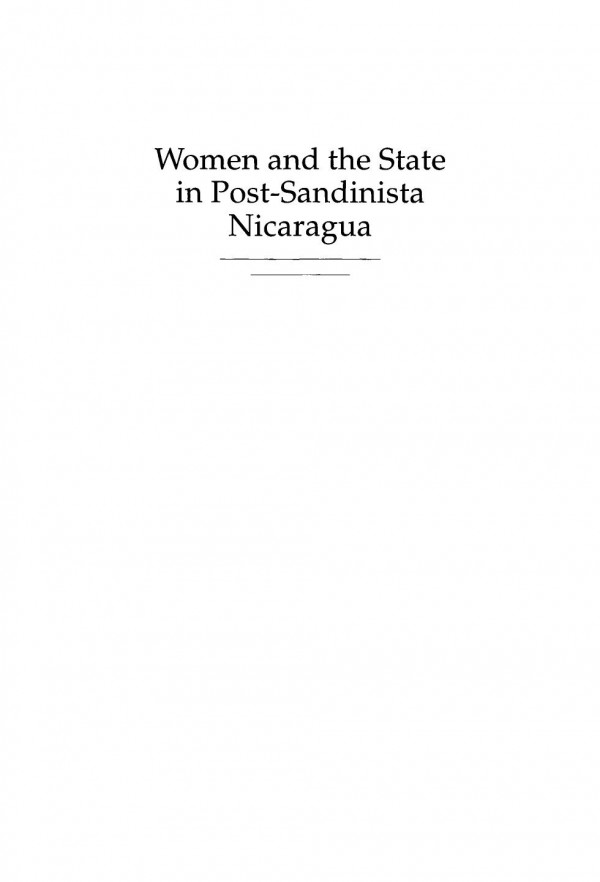

Most ebook files are in PDF format, so you can easily read them using various software such as Foxit Reader or directly on the Google Chrome browser.
Some ebook files are released by publishers in other formats such as .awz, .mobi, .epub, .fb2, etc. You may need to install specific software to read these formats on mobile/PC, such as Calibre.
Please read the tutorial at this link: https://ebookbell.com/faq
We offer FREE conversion to the popular formats you request; however, this may take some time. Therefore, right after payment, please email us, and we will try to provide the service as quickly as possible.
For some exceptional file formats or broken links (if any), please refrain from opening any disputes. Instead, email us first, and we will try to assist within a maximum of 6 hours.
EbookBell Team

0.0
0 reviewsAfter winning a stunning and decisive victory in Nicaragua’s 1990 presidential election, Violeta Chamorro reversed much of the social and economic policy enacted by the previous Sandinista government. Cynthia Chavez Metoyer explores state-society relationships during the Chamorro administration, focusing on the effect that the postsocialist, neoliberal state has had on women. Metoyer first analyzes women’s social gains and losses during the Sandinista era. She then turns to the impact of Chamorro’s structural adjustment programs. Considering the position of women in post-Sandinista society, she provides a nuanced discussion of Nicaragua’s economic and social reality, as well as a rethinking of the ideology that underlies much development policy.